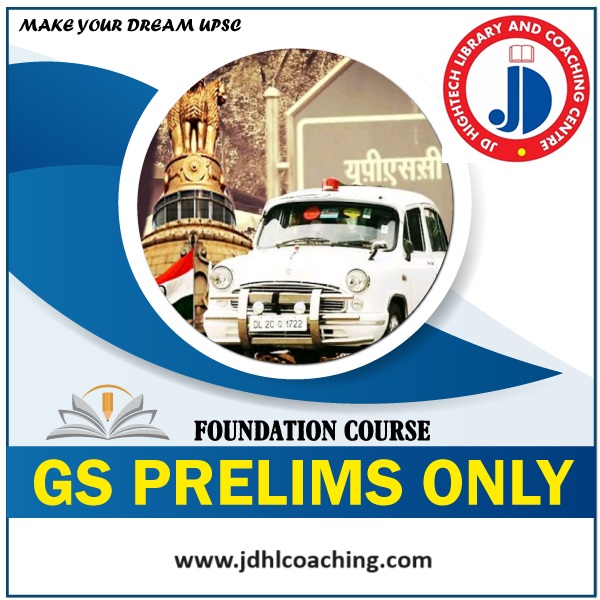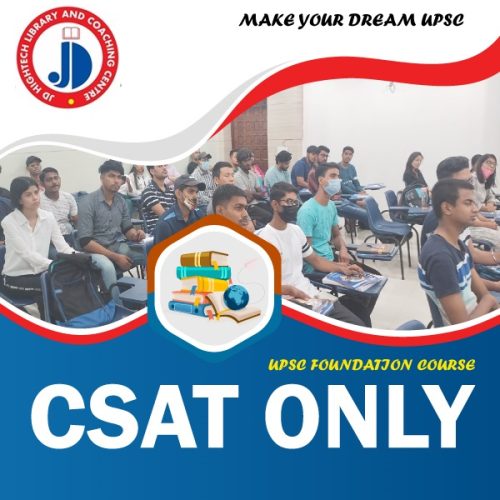The General Studies (GS) paper in the Preliminary Examination of the UPSC (Union Public Service Commission) is the first hurdle that aspirants need to clear in their journey towards becoming civil servants in India. This stage is primarily meant to serve as a screening test to shortlist candidates for the Main Examination. Let’s delve deeper into the nature and significance of the Prelims GS Exam.
Nature of Prelims GS Exam:
The Preliminary Examination consists of two papers, both of which are objective-type multiple-choice questions (MCQs).
1. GS Paper I: This paper is designed to test candidates’ general awareness and understanding of diverse subjects such as History, Geography, Polity, Economics, Science, and Current Affairs. It covers a wide range of topics to assess the candidate’s overall knowledge and comprehension.
2. GS Paper II (CSAT): The second paper, known as the Civil Services Aptitude Test (CSAT), evaluates candidates’ comprehension, interpersonal skills, logical reasoning, analytical ability, decision-making, problem-solving, basic numeracy, and English language comprehension skills. While the marks obtained in this paper are not counted for determining the cutoff for the Main Examination, candidates need to secure a minimum qualifying score to clear this paper.
Significance of Prelims GS Exam:
1. Screening Test: The Preliminary GS Exam serves as a crucial screening test to shortlist candidates for the Main Examination. Only those who secure the cutoff marks determined by the UPSC in GS Paper I are eligible to appear for the Main Examination. Therefore, performing well in this paper is essential for aspirants to advance to the next stage.
2. Test of General Awareness: The GS Paper I assesses candidates’ general awareness and understanding of various subjects. It requires candidates to have a broad knowledge base covering topics ranging from Indian History and Geography to Polity and Current Affairs. Candidates need to stay updated with the latest developments and issues both nationally and internationally to excel in this paper.
3. Analytical Skills: While the Prelims GS Exam tests candidates’ factual knowledge, it also assesses their analytical skills. Many questions require candidates to apply critical thinking and reasoning abilities to solve problems or analyze situations. Hence, developing analytical skills is crucial for performing well in this examination.
4. Time Management: The Prelims GS Exam is known for its time constraints. With a large number of questions to be answered within a limited duration, time management becomes crucial. Aspirants need to practice solving mock tests and previous years’ question papers to improve their speed and accuracy.
5. Foundation for Main Examination: Success in the Preliminary GS Exam is a stepping stone towards the Main Examination. The knowledge and skills acquired while preparing for the Prelims GS Paper serve as a foundation for the Main Examination. Therefore, thorough preparation and understanding of concepts at this stage are essential for aspirants aiming to crack the entire UPSC examination process.
In conclusion, the Preliminary GS Exam of the UPSC is a significant milestone in the journey of aspirants aspiring to join the civil services. It not only tests candidates’ general awareness and understanding but also evaluates their analytical skills and time management abilities. Aspirants need to approach the Prelims GS Exam with comprehensive preparation and a strategic mindset to clear this stage and move forward in their quest to become civil servants.
Course Features
- Lectures 0
- Quizzes 0
- Duration 25 hours
- Skill level All levels
- Language English
- Students 15
- Assessments Yes






